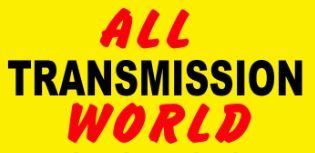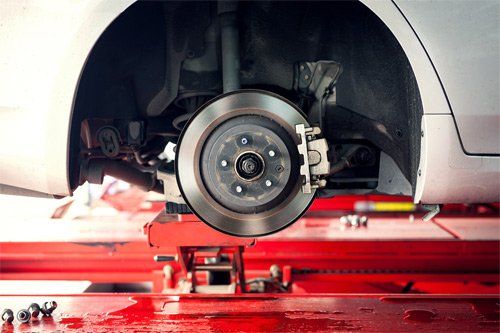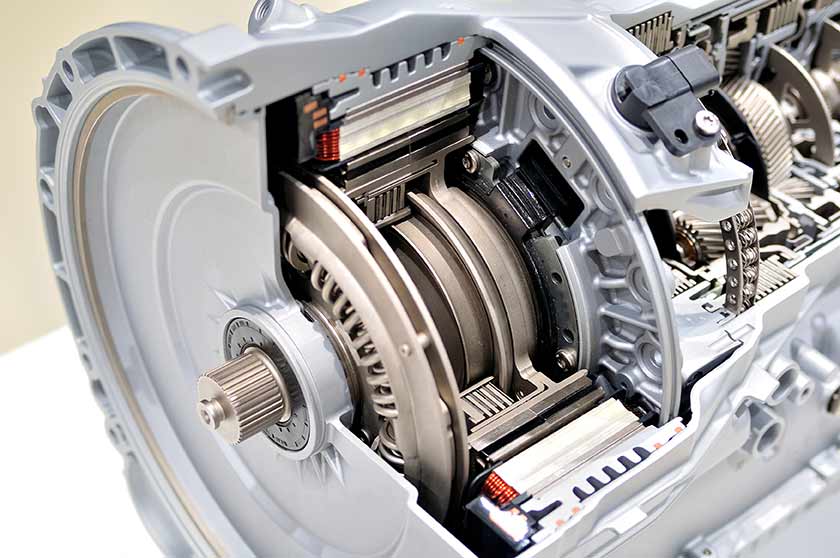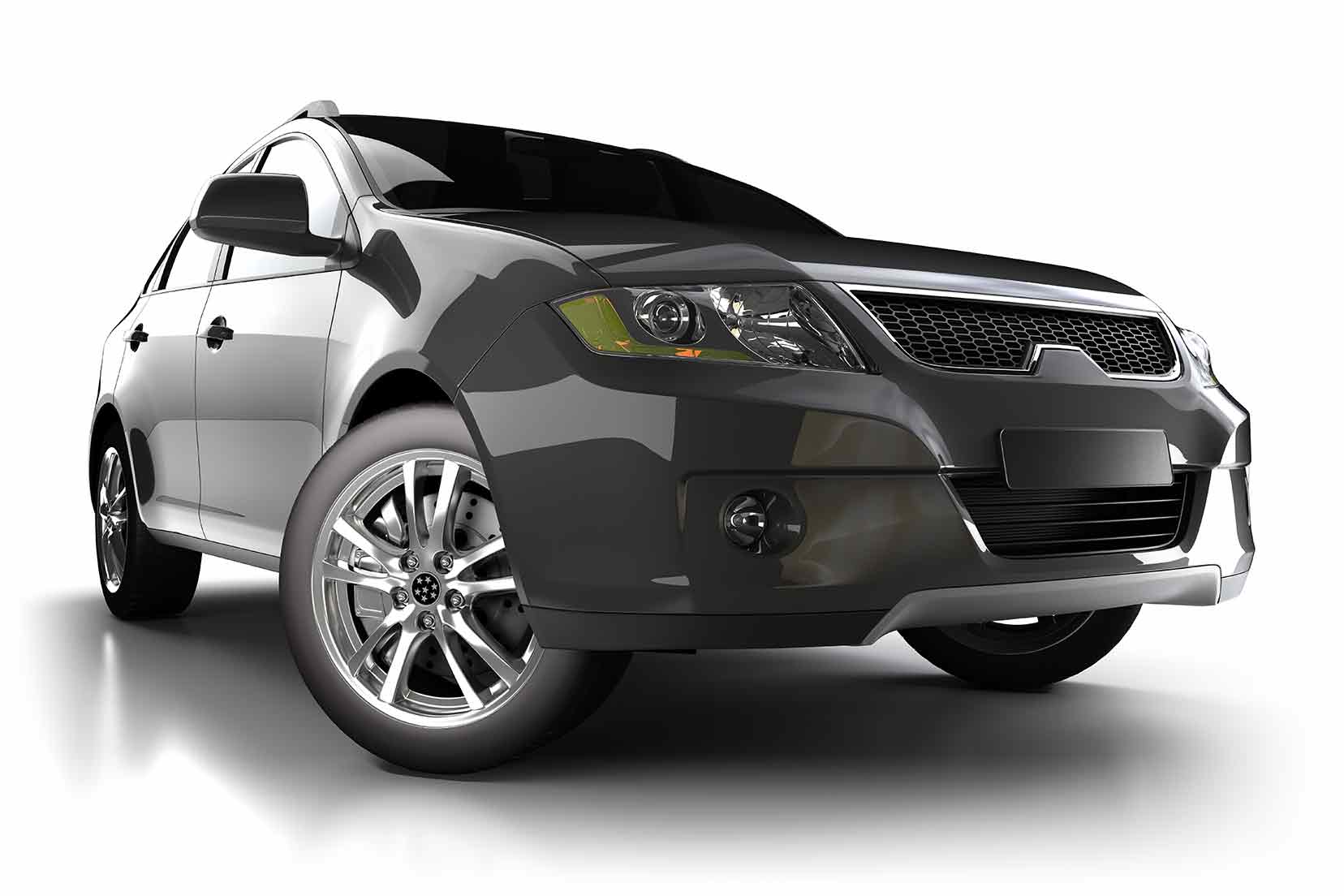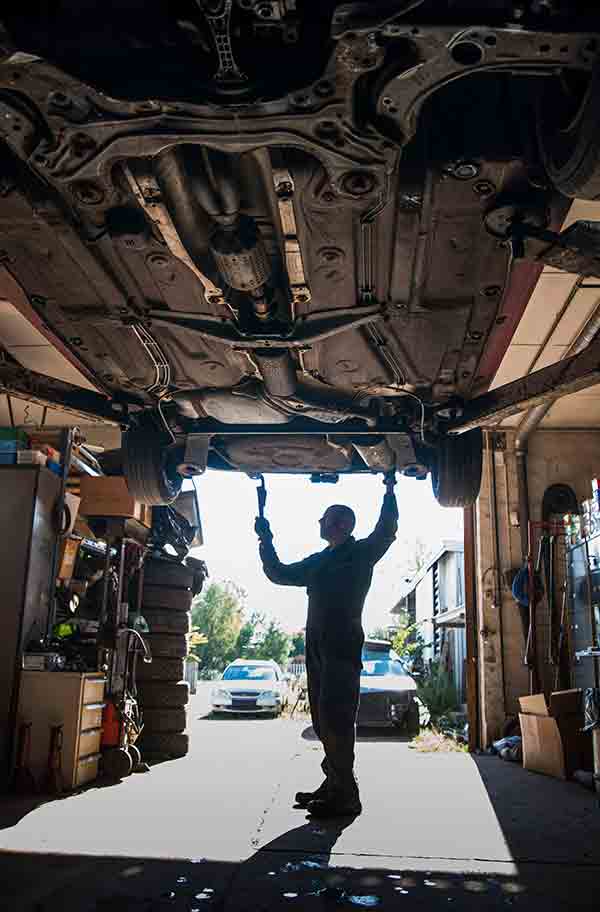Watch for Transmission Damage After an Accident
Admin • February 15, 2019
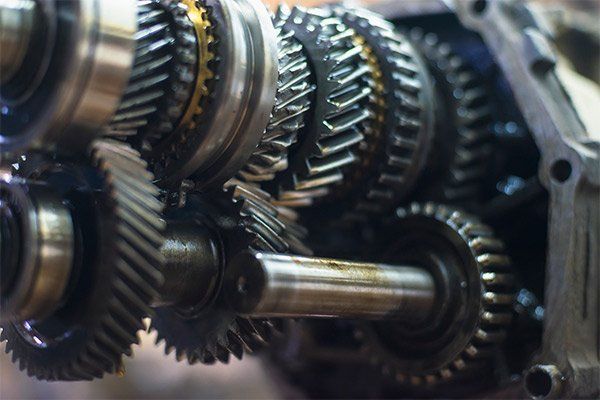
All auto accidents are serious, even seemingly minor ones. Any time a car is involved in a collision, there is always a risk for transmission damage — particularly if you have rear-wheel or all-wheel drive. If you were involved in an accident, it's vital that you check your car's transmission.
Early Warning Signs
If there is such a thing as a bright side to transmission damage, it's the fact that most problems are relatively obvious. When the transmission is malfunctioning, you'll know it. Here are some of the red flags to look out for after an accident.
Leaking Fluid
Transmission fluid plays a vital role in the overall operation of the transmission.
Transmission fluid plays a vital role in the overall operation of the transmission.
The primary function of this fluid is to lubricate all the moving parts, such as the gears that rotate when the vehicle is in motion. When the fluid level is too low, friction may build up inside the transmission and cause a number of problems, like overheating. When the transmission overheats, the threat of total failure becomes a significant possibility.
During an accident, the impact of the collision could cause a crack to form in the transmission. Even a small crack leaves an ample opening for fluid to seep out. If you notice a puddle of reddish fluid under your car, then you may have a transmission leak.
Shifting Problems
A collision may also result in shifting problems. The transition from gear to gear should be easy and seamless. If you notice an unusual sound when shifting gears, this is cause for concern. The noise you hear could be the result of the gears grinding, and any difficulty changing between gears could also be the result of this issue.
A collision may also result in shifting problems. The transition from gear to gear should be easy and seamless. If you notice an unusual sound when shifting gears, this is cause for concern. The noise you hear could be the result of the gears grinding, and any difficulty changing between gears could also be the result of this issue.
Gear grinding can occur whenever the transmission itself, or the gears, moves as a result of the impact of the other vehicle hitting your car. The grinding you hear is the result of bare metal pressing up against another piece of bare metal. If you continue to drive the car in this state, you can cause irreversible damage to your vehicle.
Slipping
Transmission slipping is just as it sounds — it's when the transmission will move from one gear to another without assistance. For example, you're in drive and the transmission shifts into neutral on its own. You may also have problems with acceleration when the transmission is slipping. An accident can cause your transmission to slip.
Transmission slipping is just as it sounds — it's when the transmission will move from one gear to another without assistance. For example, you're in drive and the transmission shifts into neutral on its own. You may also have problems with acceleration when the transmission is slipping. An accident can cause your transmission to slip.
While a slipping transmission doesn't necessarily mean imminent failure, it should not be ignored. Driving a vehicle in this condition is especially dangerous, as your car could fail to accelerate or switch gears without notice — even when you're driving on a busy highway.
Try to Beat the Clock
Once you detect a problem with your transmission, remember that the countdown has already started. Transmission problems don't self-correct, and they aren't typically stagnant. Transmission problems advance rapidly. Ideally, you want to have your transmission inspected within days of detecting the problem.
Not only is this important in terms of your vehicle’s health, but it’s also important for insurance purposes. If you want to have your collision-caused transmission repairs covered by your insurance policy, then you will need to file your claim within the statute of limitations. Protect your car and your wallet. Don't wait around to have your vehicle repaired.
If you were recently involved in a collision, don't underestimate the potential for damage to your transmission. Transmission concerns are progressive, and they can be costly when not addressed. At All Transmission World
, we're committed to helping you keep your transmission in great condition. Contact us to learn more about how we can help you with your car.
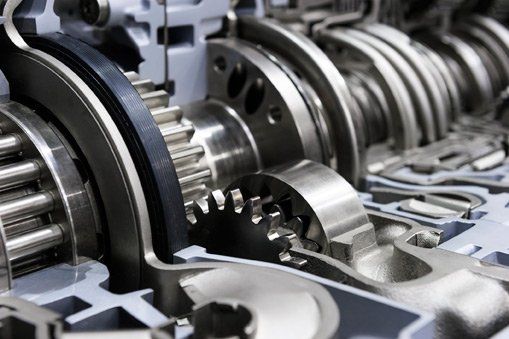
Despite the prevalence of automatic transmissions today, a surprising number of car owners still prefer the increased control and responsiveness of a manual transmission. Simply put, these drivers feel that a manual transmission is just more fun. When operated responsibly, a manual transmission can also improve your overall fuel economy.
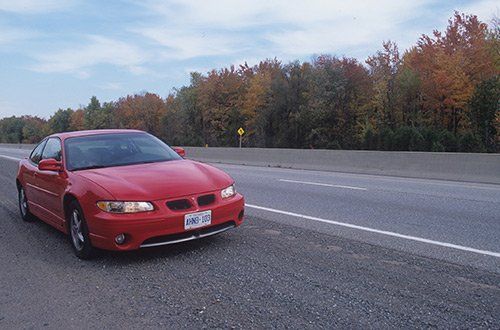
If you own a four-wheel-drive vehicle, then you not only have a transmission to deal with, but also a transfer case. Without a transfer case, your car or truck would not be able to switch from two-wheel to four-wheel drive mode. Here is more information about what a transfer case does, common problems and recommended maintenance.

When you have a manual transmission, maintaining good shift habits and care go a long way to keep your clutch from wearing out prematurely. However, many people do not realize that they may be wearing out their clutch when they use certain techniques. Here are five driving and maintenance tips that can help you extend the life of your manual transmission.
